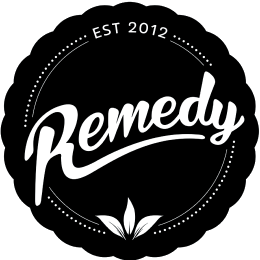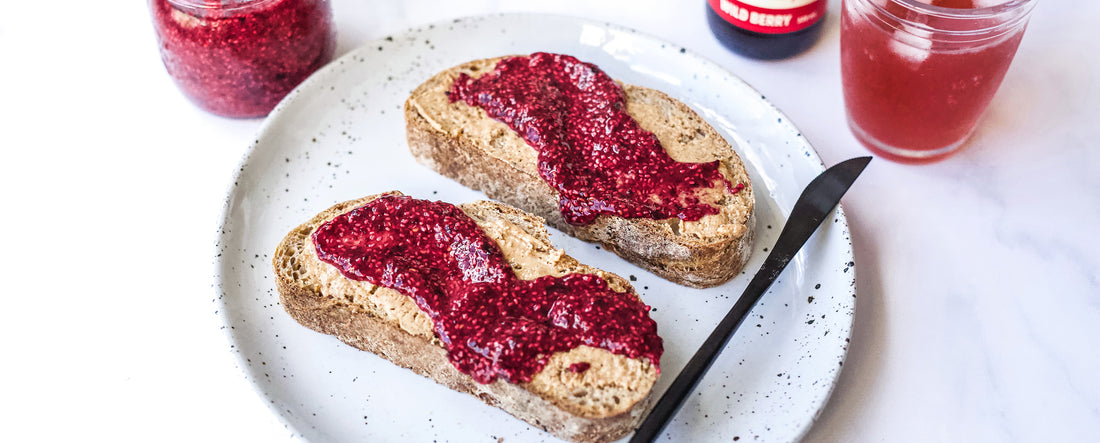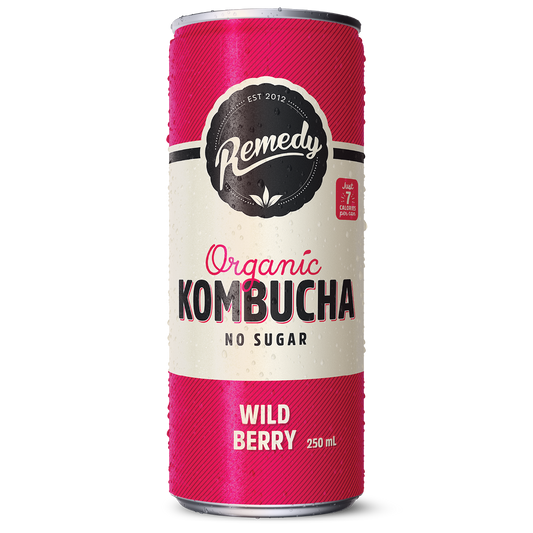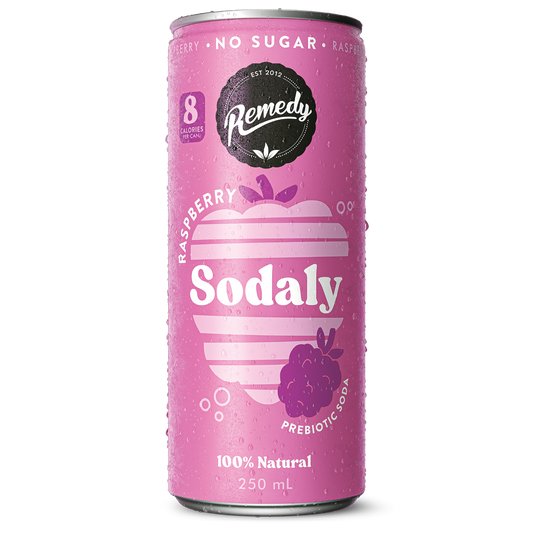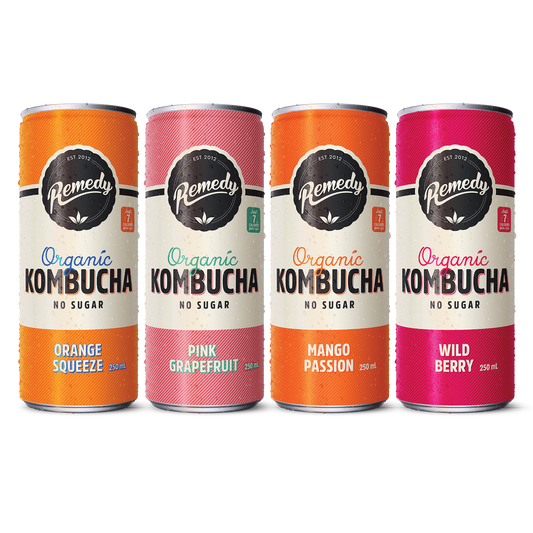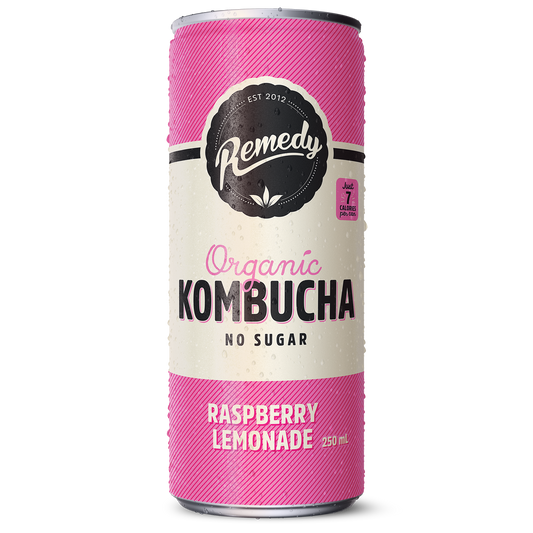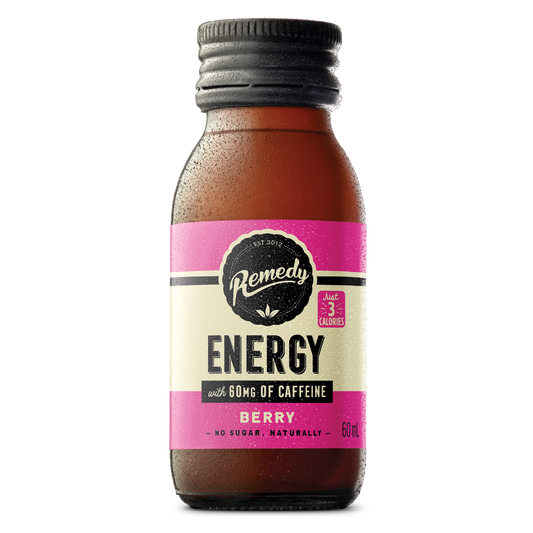You've tried kombucha cocktails, you've maybe tried kombucha icy poles, but have you ever tried kombucha JAM?!
Remedy Nutritionist Jacqueline Alwill has whipped up a delicious and simple recipe, perfect for slathering onto warm, buttered Hot Cross Buns or crusty, toasted sourdough. We can't praise this recipe enough!
KOMBUCHA BERRY JAM
Makes 1 x 400ml jar
Gluten free, Dairy free, Vegan
INGREDIENTS
2 cups (300g frozen weight) mixed frozen berries
3 tbsp chia seeds
1/2 cup (125ml) Remedy Kombucha Raspberry Lemonade
2 tsp (10ml) vanilla extract
METHOD
Step 1: Defrost berries in a bowl until soft.
Step 2: Pour Remedy Kombucha Raspberry Lemonade into a measuring cup and allow the fizz to settle slightly.
Step 3: Add all ingredients to a blender and blitz to combine.
Step 4: Pour into a jar, seal, and set in the fridge overnight.
